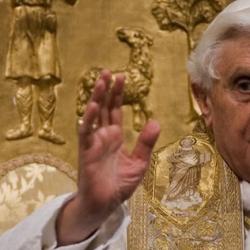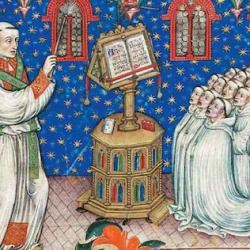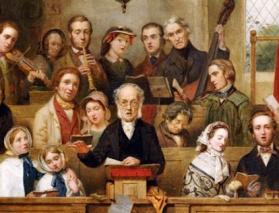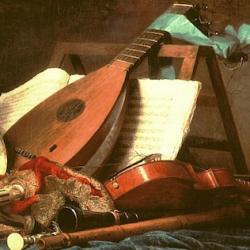In an essay on “barriers and bridges” in American religion, Stephen Warner emphasizes the role of music in building bridges, forging solidarity without requiring assent to a common set of propositions.
He offers a florilegium of quotations from various scholars:
“At an emotional level, there is something ‘deeper’ about hearing than seeing; and something about hearing other people which fosters human relationships even more than seeing them.”
“Hymns are not sets of words on a page but events.”
Music is multivalent: “The same piece of music may move different people in the same sort of way, but for different reasons. You can enjoy a piece of plain chant because you are a Roman Catholic or because you like the sound of the music: you need not have a ‘good ear’ to enjoy it as a Catholic, nor need you be a believer to enjoy it as music.” As a result, it is capable of producing “solidarity without consensus.”
“Music is not a language that describes the way society seems to be, but a metaphorical expression of feelings associated with the way society really is.”
Music-making involves a “tuning-in relationship . . . established by the reciprocal sharing of the Other’s flux of experiences in inner time, by living through a vivid present together, by experiencing this togetherness as a ‘We.’”
Warner adds a note from his own experience as a singer: “music allows us to transcend the dilemma of the individual and the communal. I can sing bass passably well, but there are few bass parts short of solo arias beyond my capacity that sound good alone. I need the sopranos, not to mention the altos and tenors.”
Given all this, it’s rather a shock to learn that Warner found very little literature exploring the relationship between music and religion.
(Warner, “Religion, Boundaries, and Bridge,” Sociology of Religion 58 [1997] 217-38, at 226-229.)















